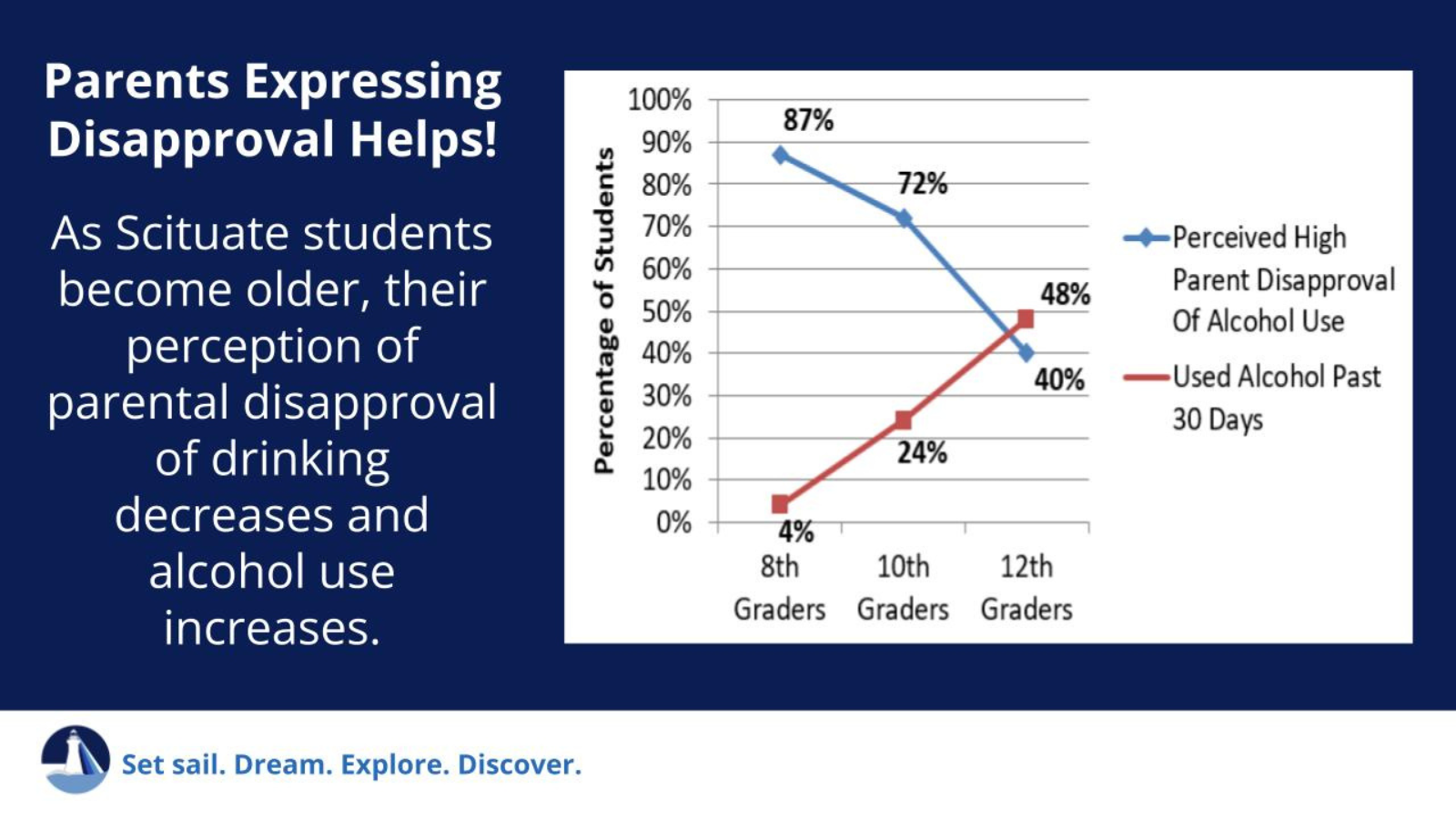Equipping Teens with Important Refusal Skills

In Health class, students learn about the dangers of substance misuse, including vaping, alcohol, and cannabis. An essential component of this learning is developing a toolkit of refusal skills. Refusal skills empower teens to make healthy choices, resist negative peer pressure, and protect themselves from harmful situations involving substances or other risky behaviors.
In 8th Grade, students create and perform realistic skits, practicing strategies like suggesting alternative activities, using ‘excuses’ or reasons, and seeking help from friends to stay healthy and safe. In high school, students evaluate social scenarios and apply practical communication skills as they consider their well-being and goals. Some common refusal skill strategies our teens have in their toolkits are:
- Calmly and confidently saying (and repeating if necessary) … “No thanks, I’m all good.”
- Saying, “My parents (or coach, etc.) would kill me if I did that. No way, I can’t.”
- Change the subject and suggest an alternative activity to shift the focus away from the unwanted situation.
- Plan ahead, and stick with friends who support each other in resisting peer pressure.
Did you know that the majority of teens say their parents are the most critical influence on their decisions about whether or not to drink or use drugs?
See the DrugFree.org article linked below.

Source: Gates & SHS Youth Risk Behavior Data, 2024
Want to learn more skills to keep your teen safe? Please consider attending the award-winning Guiding Good Choices workshop series for parents and caregivers hosted by Scituate FACTS. Learn more HERE.
